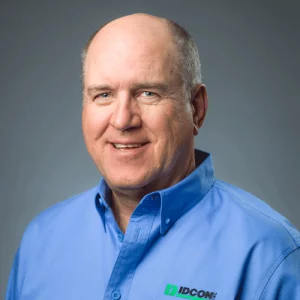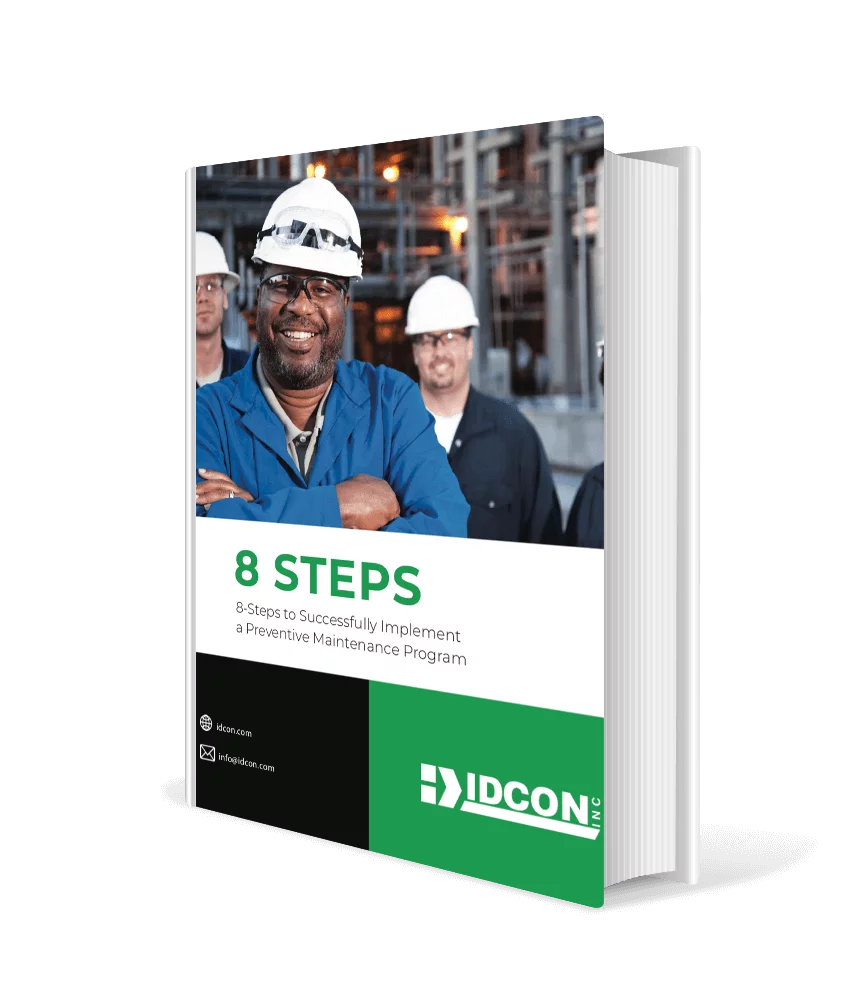First question- what is grease?
Grease is simply a semi-fluid product that’s made up of an oil (70-90%) combined with a “thickener” (5-15%). Added to the mix are a few special additives (3-10%) to make some specific improvements and you have GREASE!
Now we get a little more technical
- There are two main types of grease –
- ‘Metal Soap’ Thickener grease (Aluminum, Barium, Lithium, Sodium, Calcium, etc.)
- ‘Non-Soap Thickener grease (Polyurea, Clay, Silica)
- Grease is named after its thickener type –
- Example – Aluminum Complex, Lithium Complex, Polyurea and many others are classified and known by their thickener type
- More info about 2 of the most popular grease types –
- Lithium Complex Grease
- General purpose
- Good anti-wear and extreme pressure properties
- Good water resistance
- Good heat resistance
- Good in low temperature applications
- Good for roller and spherical bearings
- Accounts for more than 50% of all grease usage
- Lithium Complex Grease
- Polyurea Grease
- Used mainly in ball bearing applications – electric motors
- Excellent low temperature pump-ability
- Water resistance is satisfactory to excellent
- Excellent heat resistance
- Not good in slow-moving applications
- Polyurea does not work well in roller and spherical bearings
- If a compromise is a must for motor bearings, use Lithium Complex
- Grease can be a very complex subject but 99% of the typical applications found in the industry can be satisfied with a minimum number of greases such as those above. However, special applications may require further investigation for the proper grease.
- A few tips –
- Do not mix grease types! Compatibility is an issue with many grease types.
- Use the same grease in a bearing for the life of the bearing.
- Send a tube of the grease you are using in your motors with the motor when it goes off to the repair shop.
- Use button-head grease fittings on your motors instead of regular zerts


